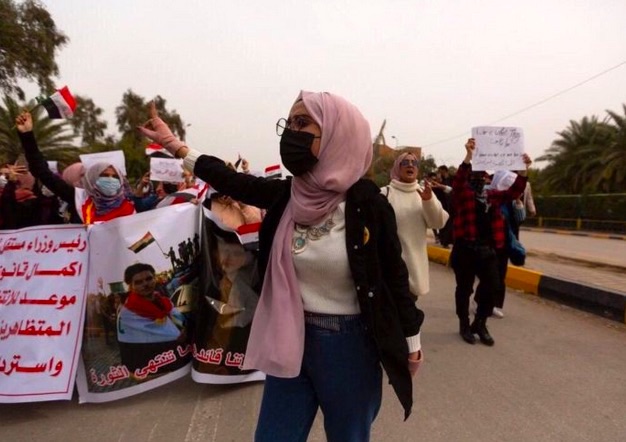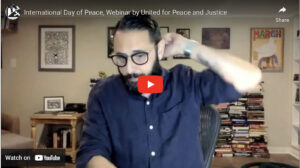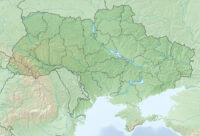On October 1, the anniversary of the demonstrations that sparked the October Revolution of 2019, protesters returned to Tahrir Square in Baghdad and to the public squares of cities across southern Iraq. They are calling for massive protests to begin again in response to the failure of the government, now led by the new Prime Minister Mustafa al-Kadhimi, to meet their demands for reforms that would create a non-sectarian Iraqi state free of corruption. In a heartbreaking tribute to the more than 600 protesters who were killed or disappeared by government forces and sectarian militias, the protesters in Baghdad marched carrying photos of their dead friends and colleagues.
Last year’s demonstrations were organized largely on social media via the Arabic hashtag #WeWantAHomeland. The protests rapidly spread from Baghdad to Basra in far southern Iraq, ultimately having centers of activity in ten Iraqi governorates, including the influential Shiite city of Nasiriyah. The leaders of the movement were overwhelming young women and men. The protests were supported by teachers’ and professors’ unions, which endorsed a national student strike. As the movement gathered momentum, top Shiite cleric Ayatollah Ali Sistani expressed full support for the protesters’ demands that the government resign and conduct early elections.
Prime Minister Adel Abdul Mahdi was forced to resign in November of 2019 and Iraq struggled without a government until Al-Kadhimi assumed power in May of 2020, however, the protesters’ substantive demands remain unaddressed. While a date for early elections has been set for June of 2021, the government has not approved a revised electoral law that would create an independent elections commission and a federal court to oversee the vote. Iraq’s entrenched sectarian political factions are attempting to rewrite the law to allow them to retain control of the parliament.
No one has been held accountable for the death, injury, and abduction of thousands of protesters. Sectarian Shia militias, which the government is largely unable to control, are widely believed to have been responsible for the majority of these violations. In recent months security in Iraq has deteriorated as the militias attacked foreign troops and installations, and carried out a string of brutal assaults on leaders of the protest movement in Basra. The new round of protests now sweeping Iraq is being organized largely in secrecy to avoid infiltration by the militias.
Now Al-Kadhimi’s government faces an economic crisis caused by plummeting oil prices and magnified by the financial impacts of the Covid-19 pandemic. Nearing bankruptcy, the government has been unable to pay the salaries of millions of employees on time, and retirees have experienced delayed benefits and threats of pension cuts. In the Iraqi Kurdistan Region, government workers have gone without pay for many months. The government’s monthly expenses for public sector salaries and operating expenses is about 8 trillion Iraqi dinars, or $6.8 billion, while oil revenues have been less than $3 billion a month. It remains unclear if the government in the face of this unprecedented liquidity crisis can arrange loans for deficit spending or if the Iraqis dependent on government incomes will face poverty that sends the Iraqi economy spiraling into an ever-deepening emergency.



